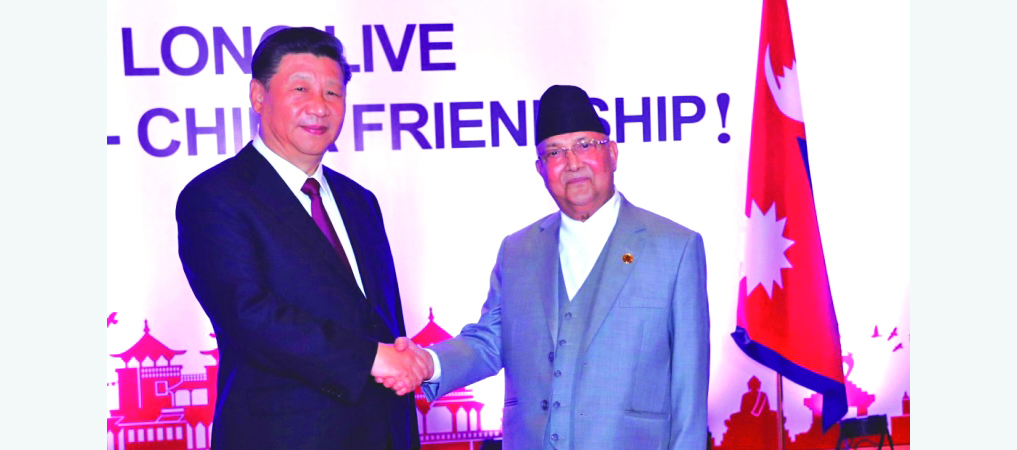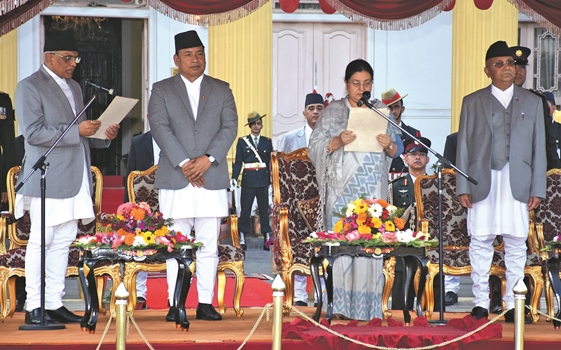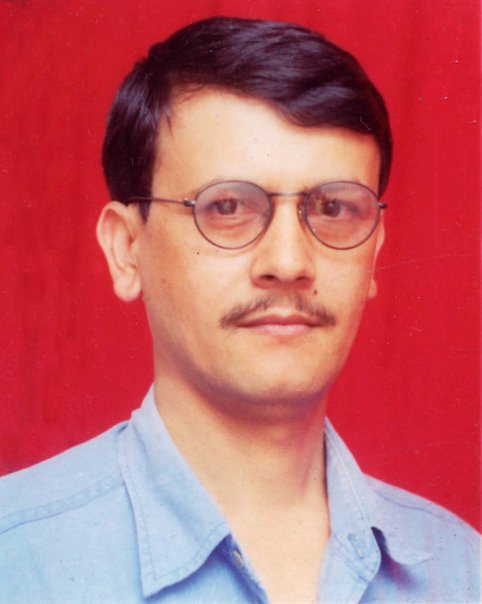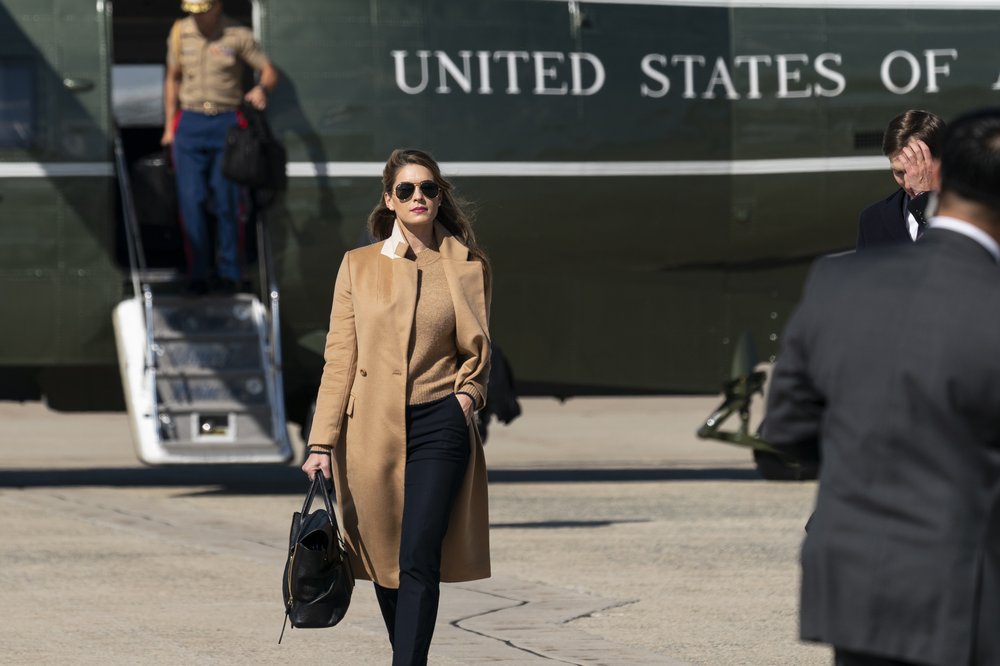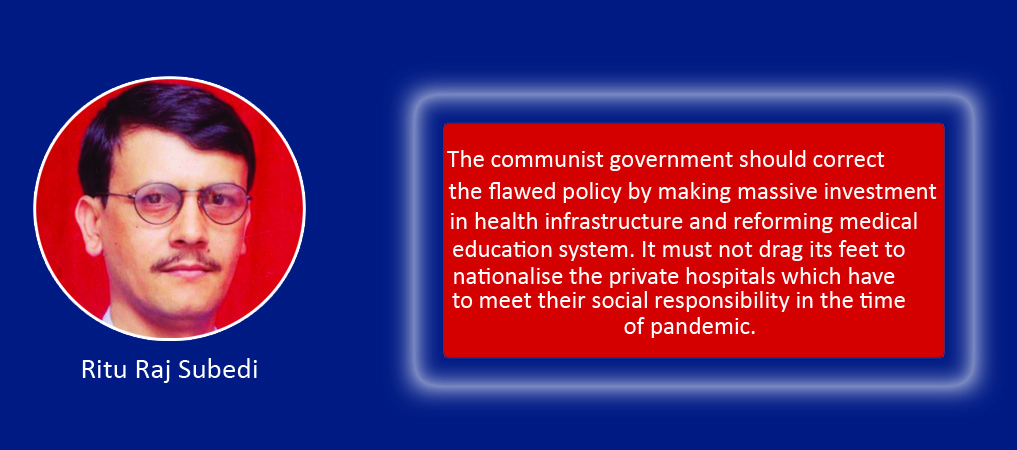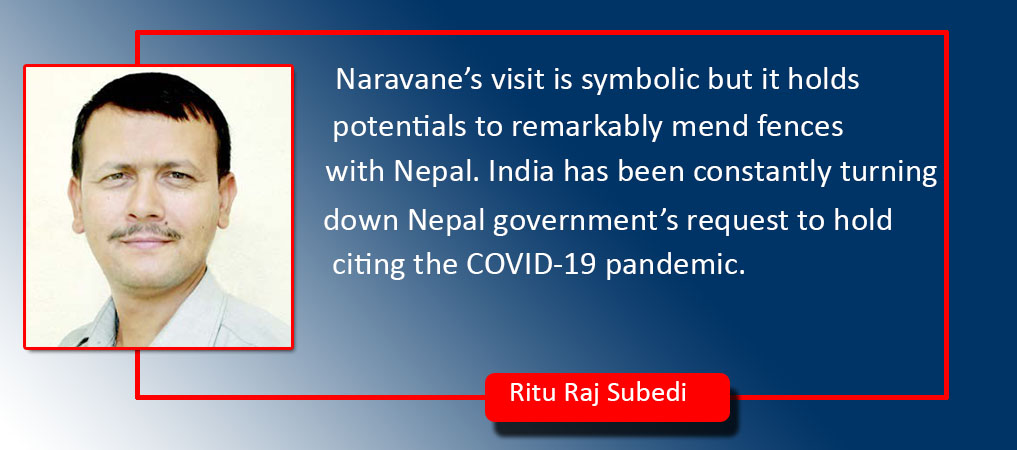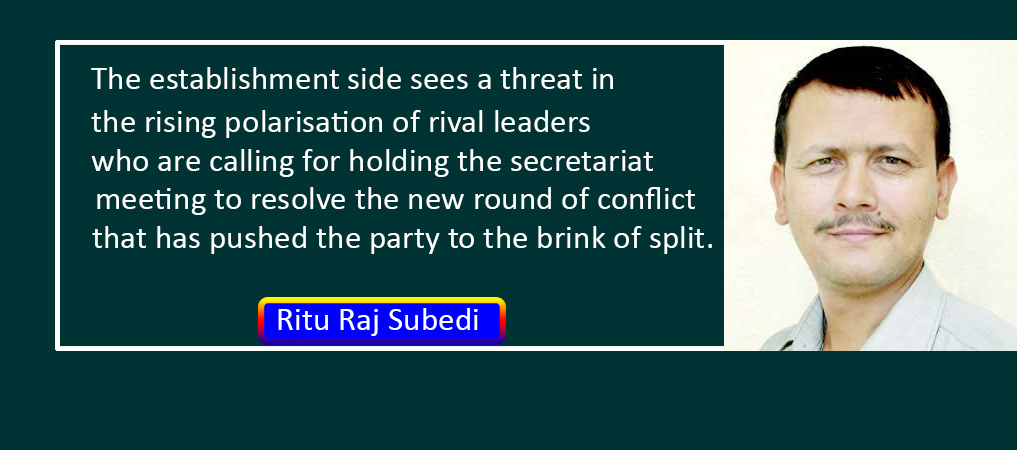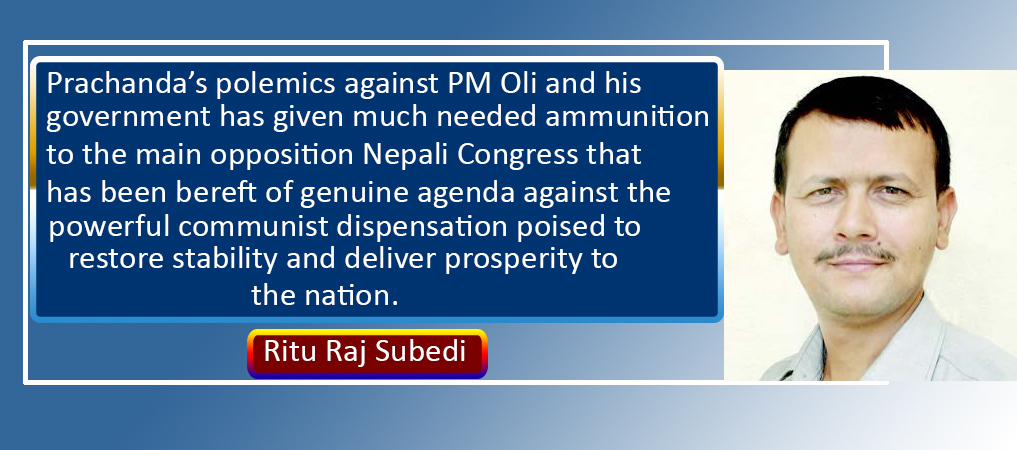The Court Calls The Shots

Ritu Raj Subedi
As Nepali politics is losing its autonomy, the court comes in the scene to set its direction, thanks to fractious politicians devoid of common vision and goals to consolidate federal republic and put the country on robust path of development. The COVID-19 pandemic has exposed our health and economic vulnerabilities but the ongoing political crisis threatens to upend the entire constitutional project vaunted as the most viable means to ensure lasting stability and overcome structural injustice facing the country for centuries.
All eyes are now on the Supreme Court (SC)’s hearing on the writs demanding the restoration of House of Representatives (HoR). The SC has also been in the spotlight for its arrays of rulings that have put the government and ruling CPN-UML in the soup. On last Thursday, the SC instructed the government not to implement the controversial Citizenship Ordinance (First Amendment) 2078 BS, and reinstated four sacked UML provincial assembly members of Karnali Province. It termed all decisions, taken by UML’s 10th General Convention organising Committee ‘unauthorised.’ The party had dismissed its four provincial lawmakers of Karnali Province after they crossed the floor in support of Chief Minister belonging to the CPN-Maoist Centre. The SC has also reinstated the provincial lawmakers from Lumbini and Gandaki, who were dismissed from their posts after violating the party discipline and instruction. With these rulings, the court calls the shots in sealing the fate of political parties.
These SC’s rulings particularly put the skids under Prime Minister KP Sharma Oli’s plan to tighten his hold on both the party and government. On May 23, President Bidya Devi Bhandari had issued the Citizenship Ordinance one day after the dissolution of lower House. The ordinance sought to fulfil one of the major demands of Mahantha Thakur-led faction of Janata Samajbadi Party (JSP) prior to its entry into the Oli government. Thakur and Co might face moral dilemma as the SC prevented the government from distributing the citizenship certificates as per the ordinance.
Citizenship dispute
A five-member Constitutional Bench, headed by Chief Justice Cholendra Shumsher Rana, had not touched the content of the ordinance but questioned the intention of the executive and background in which the ordinance was issued. The ordinance had paved the way for the children born to those who have obtained Nepali citizenship by birth to receive citizenship by descent. Likewise, the offspring whose mothers are Nepali citizens but their father’s identity cannot be established will be granted Nepali citizenship. The ordinance has included the provisions of getting citizenship as mentioned in the constitution. In June last year, the State Affairs and Good Governance Committee of dissolved federal parliament had endorsed an amendment bill on the Citizenship Act 2063 but it failed to get through the parliament. The Bill had sought to rectify some flaws of the Act that carries certain loopholes to provide citizenship to non-Nepali citizens.
The citizenship has been a fierce political issue in Nepal, with its geopolitical dimensions. However, the SC’s interim order has warned against the tendency of taking the citizenship issue flippantly. It has said citizenship is a sensitive issue, and it is the legislature, not the executive, which wields the law making authority. Article 114 of constitution has authorised the government to issue the ordinance but the SC has interpreted that this right should not be taken in absolute terms and it needs to be justified with sufficient rational ground.
It states: “The ordinance should not be issued by breaching the limit and boundary determined by the constitution. There may arise a condition of unreasonable interference in the right and effectiveness of legislature if the ordinance is issued by dodging the parliament to suit the government’s convenience or meet given political end. The ordinance that is issued with the purpose of evading the legislature is considered colourable legislation and it can’t attain the constitutional legitimacy.” The order has cautioned that legal complexity may occur if the citizenship certificates are distributed as per the ordinance. This ruling will carry broader legal implications not only for the citizenship issue but also for the rationale behind the issuance of ordinance in the future. Even if it hurts the short-term goal of the government, the order will be vital in promoting the constitutional practice and culture.
Bitter pill
In yet another ruling, the SC has refused to recognise the decisions of the UML’s 10th General Convention Organising Committee, which might give a new twist to UML’s internal wrangling . Seemingly, the ruling is a bitter pill to swallow for the establishment side but in fact it can be a blessing in disguise, as it creates a legal ground to unite the two rival factions of the party. Nepal-Khanal faction has been demanding to activate party’s all committees and structures prior to Jestha 2, 2075 BS in line with the SC’s verdict of March 7 this year. Some time back chairman PM Oli had forwarded a six-point unity proposal but Nepal-Khanal faction flatly turned it down, citing that it failed to meet their core demand. Now the latest SC ruling might enable both the sides to come together and repair their badly fractured party.
The ruling will also give a leeway to the lawmakers belonging to the Nepal-Khanal faction. Around two dozen rebel UML lawmakers have put their signatures on a petition to make Nepali Congress president Sher Bahadur Deuba as the new PM. But Oli has asked them to withdraw their signatures as a condition to forge the party unity. As per this ruling, Oli cannot sack these lawmakers if the HoR is restored and if they vote for Deuba in the parliament. Now Nepal-Khanal faction has upped the ante and demanded that PM Oli retract his decision to dissolve the HoR and criticise self. It is better if both sides refrained themselves from engaging in the self-defeating games and joined hands for party unity.
(Deputy Executive Editor of The Rising Nepal, Subedi writes regularly on politics, foreign affairs and other contemporary issues. subedirituraj@yahoo.com)
Recent News

Do not make expressions casting dout on election: EC
14 Apr, 2022
CM Bhatta says may New Year 2079 BS inspire positive thinking
14 Apr, 2022
Three new cases, 44 recoveries in 24 hours
14 Apr, 2022
689 climbers of 84 teams so far acquire permits for climbing various peaks this spring season
14 Apr, 2022
How the rising cost of living crisis is impacting Nepal
14 Apr, 2022
US military confirms an interstellar meteor collided with Earth
14 Apr, 2022
Valneva Covid vaccine approved for use in UK
14 Apr, 2022
Chair Prachanda highlights need of unity among Maoist, Communist forces
14 Apr, 2022
Ranbir Kapoor and Alia Bhatt: Bollywood toasts star couple on wedding
14 Apr, 2022
President Bhandari confers decorations (Photo Feature)
14 Apr, 2022



